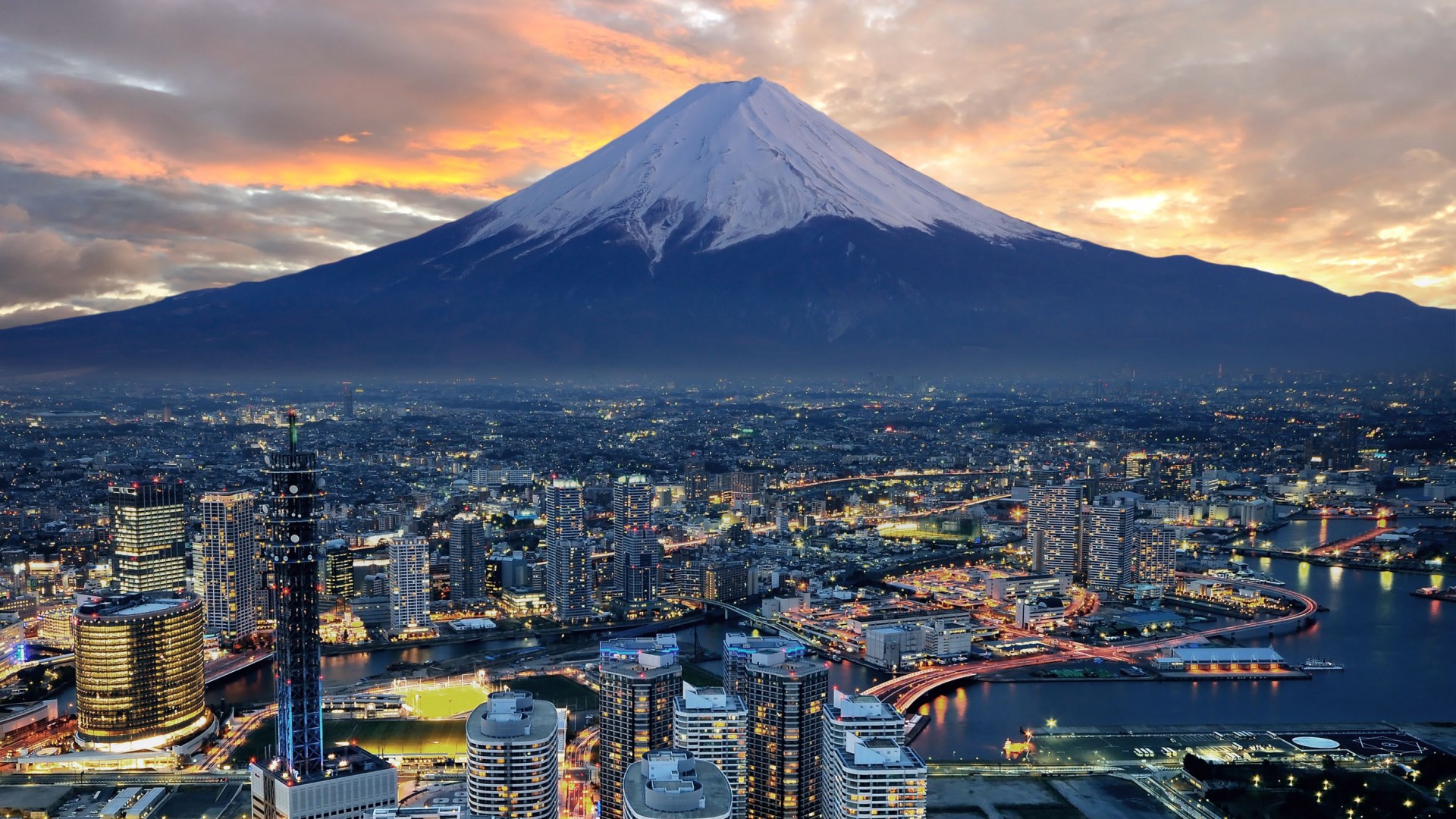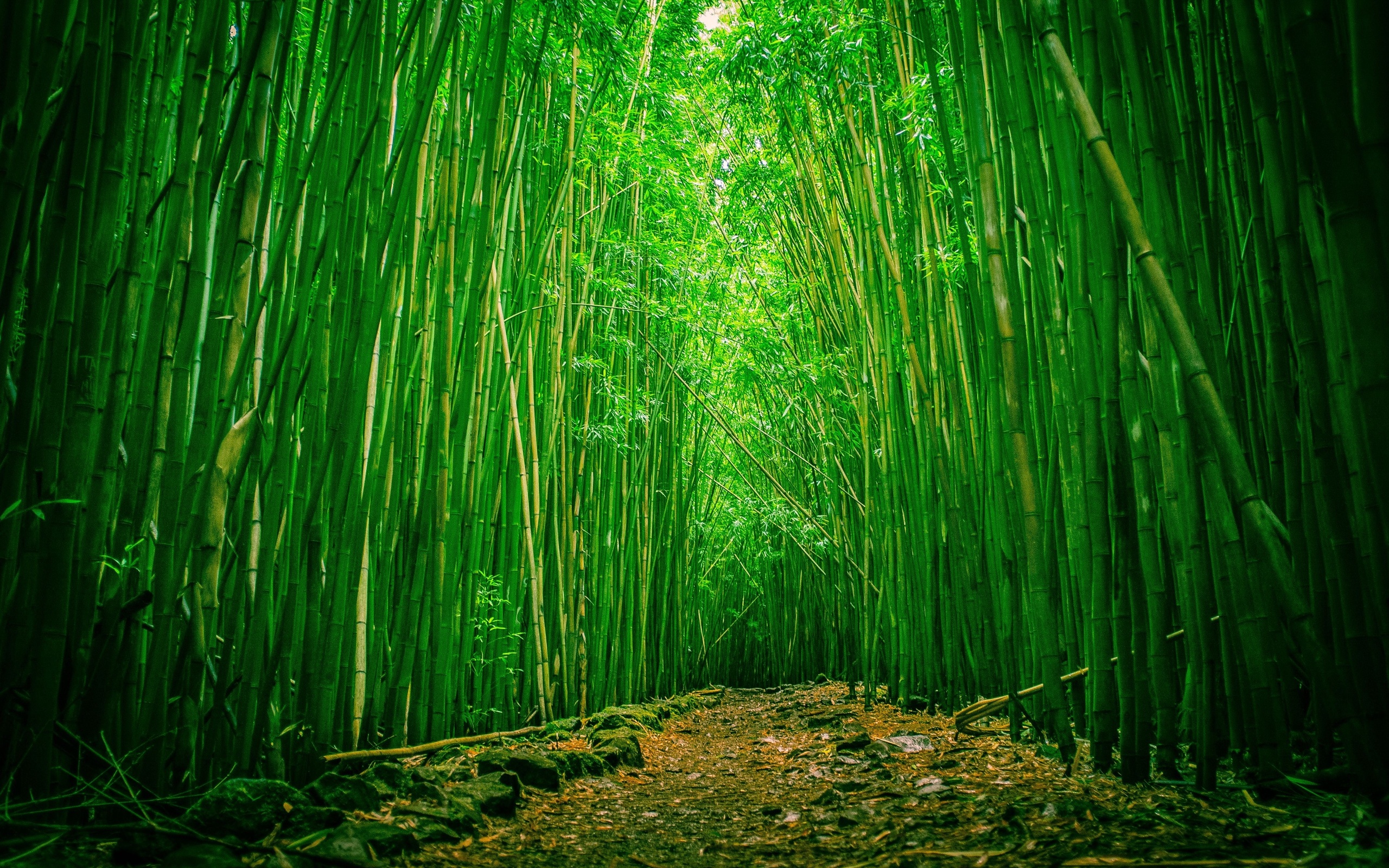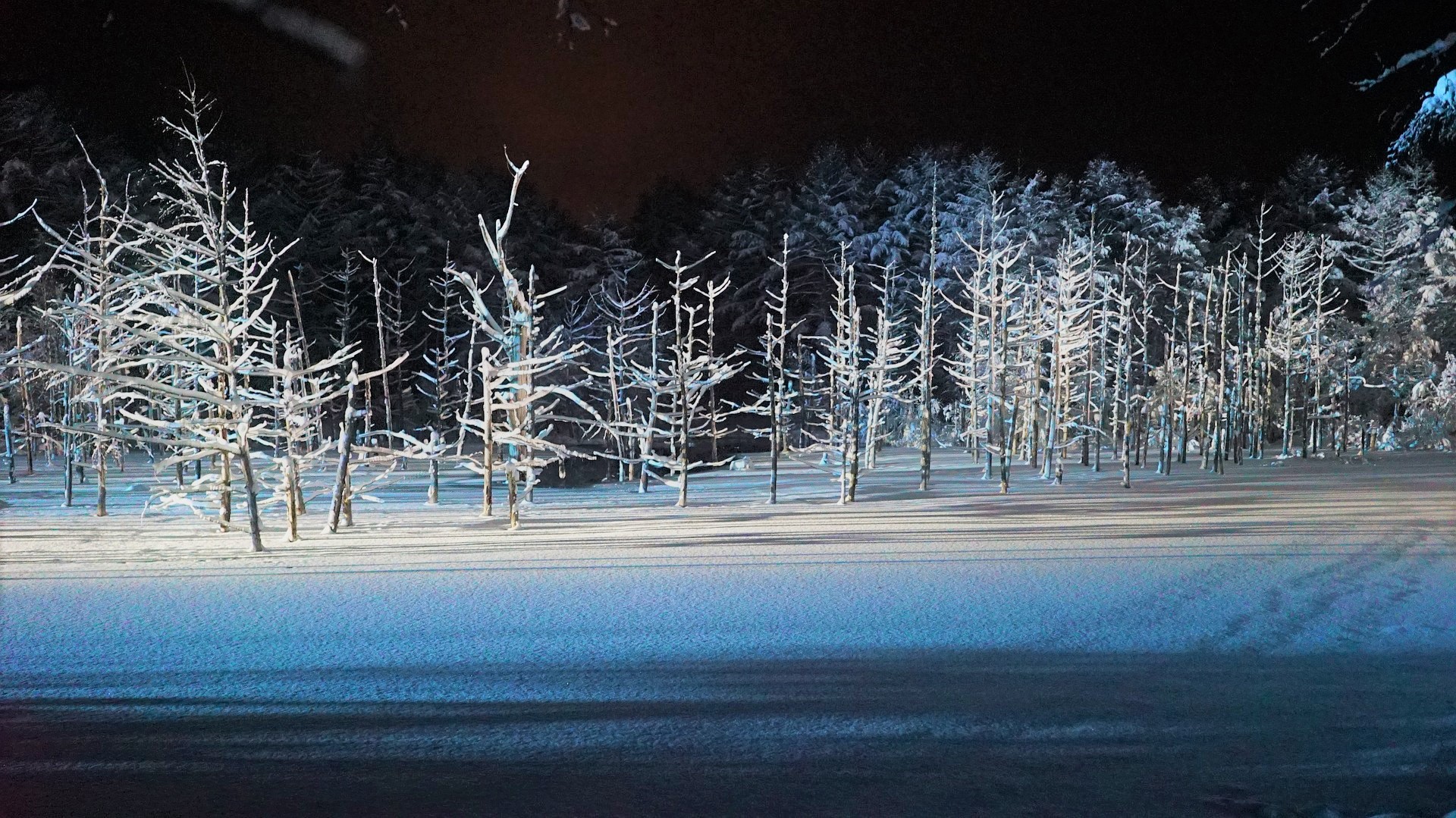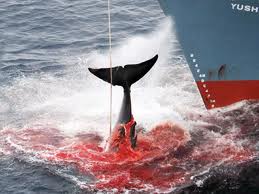Whaling in Japan
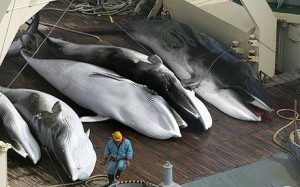
Japan has continued to practice whaling even after commercial whaling was banned in 1986. Since the ban, Japan has been hunting whale for “scientific research”. I don’t know what kind of scientific research Japan is trying to do to justify whaling. Unlike dolphins, Japan has long used whales as food sources especially during the war. But the war is over and it is time to re-evaluate whether such food culture should be preserved. It is no longer common for Japanese people to eat whales.
Associated Press: Tokyo (AP)-The greatest threat to Japan’s whaling industry may not be the environmentalists harassing its ships or the countries demanding its abolishment, but Japanese consumers. They’ve lost their appetite. The amount of whale meat stockpiled for lack of buyers has nearly doubled over 10 years, even as anti-whaling protests heled drive catches to record lows. More than 2,300 minke whales worth of meat is sitting in freezers while whalers is still plan to catch another 1,300 whales per year.
The leading court at the UN will rule on Monday on whether Japan has the right to hunt whales in the Antarctic, an emotive case that activists say is make-or-break for the mammal’s future. Australia took Japan to the international court of justice (ICJ) in the Hague in 2010, accusing Tokyo of exploiting a loophole by hunting whales as scientific research to get around a 1986 ban on commercial whaling. Australia has asked the ICJ to order Japan to stop its Jarpa II research programme and “revoke any authorisations, permits or licenses” to hunt whales in Southern Ocean. Japan insists it programme is scientific, while admitting that the resulting meat ends up on plates back at home. (read more on the guardian.com)
Almost three decades after agreeing to a ban on commercial whaling Japan could be forced to stop harpooning whales in the Southern Ocean with the UN’s top court set to rule on a long-running dispute over Tokyo’s “scientific” hunt. Canberra has asked a 16-judge panel to ban Tokyo’s annual hunt on the basis it is not for purposes of scientific research as allowed under Article 8 of the 1946 whaling convention. Australia argues Japan is cloaking a commercial whaling operation “in the lab coat of science” so it can continue to sell whale meat just as it did prior to agreeing to the 1986 ban. Japan insisted lethal research was both lawful and necessary. Norway and Iceland conduct commercial whaling operations but, unlike Japan, haven’t agreed to the commercial whaling ban. (read more on sbs.com.au)
Experts and animal rights activists are confident Japan will stop whaling should an international court rule the nation’s “scientific” whale hunt is illegal. A judgment will be handed down on Monday-the timing potentially awkward for Prime Minister Tony Abbott as he prepares for an official trip to Tokyo in the coming week with hopes of finalising a free trade deal. Professor Donal Rothwell of the Australian National University said he expected Japan to respond to the whaling case with a “straight bat” as it also seeks support in international conventions on the disputed Senkaku islands-claimed by China as the Diaoyu islands.A Galaxy pool released on Thursday and commissioned by the IFAW asking “Are you in favour or opposed to whaling?” showed an overwhelming 92 per cent against. (read more on smh.com/au)
